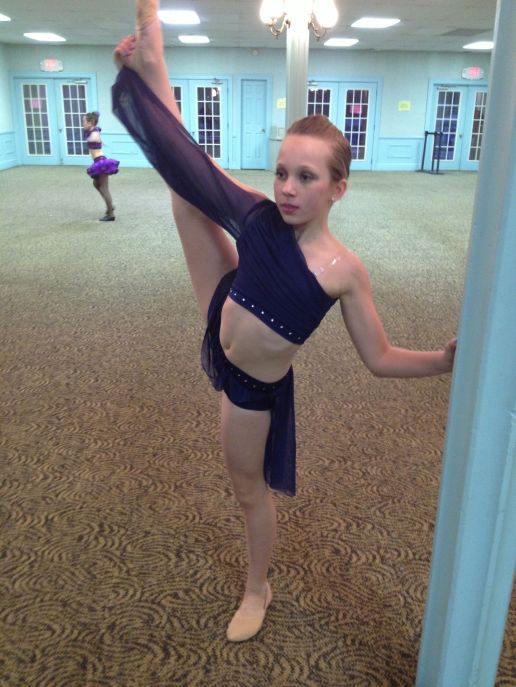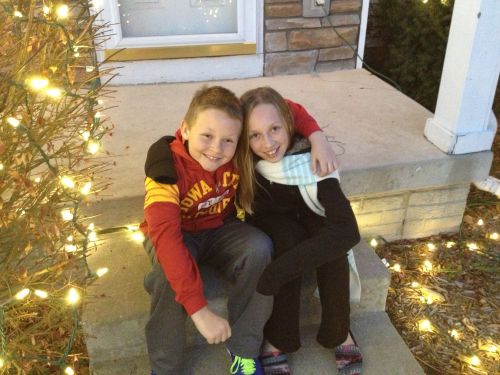It’s around 8:00 AM on a typical Saturday morning, and I’m driving to a meeting. I jump on the I-80 Eastbound just outside of Waukee, Iowa and head for West Des Moines. It’s become one of my favorite times of week since I moved out here two months ago. At this time of day and week, there’s rarely anyone on this stretch of interstate, and I can let my G37XS do what it was designed to do–jump up to 80 before we even exit the on-ramp and make a rapid but graceful ascent to triple digits … at least for a mile or two before I reach the outskirts of the metro. At my age and sober, hitting triple digits on an open stretch of interstate, even briefly, is the thrill-meter-equivalent of a three-day bender on a yacht in the Caribbean with people who like to party the way I once did—In Excess.***
But maybe that’s not such a good idea this particular Saturday morning. It’s the first truly crisp and clear Saturday morning we’ve had this year, the kind of brisk but pleasant morning that heralds the approach of spring and makes you truly grateful you are sober and alive and fully awake and aware this early on a Saturday. It is so clear and so crisp and also so sunny, I’m lucky enough to glimpse a flash of sunlight as it reflects the chrome of an otherwise inconspicuous Iowa State Trooper patrol car up ahead and long before my G hits triple digits.
The trooper is stationary, and as I approach, I notice a second vehicle a few car lengths in front of his. I’m initially surprised to see that both the trooper and the driver of the car are standing on the shoulder of the road. A moment later it hits me: This is not a routine traffic stop. This is a field sobriety test, as evidenced by the posture of the poor woman attempting to walk a straight line–arms outstretched and seesawing like a 747 trying to touch down in a 40 mph crosswind.
It’s 8:00 AM on a Saturday morning in Middle America, and the whole scene is so incongruous, so “not right” for this time of day on this deserted stretch of interstate that I have to slow down and stare. Of course she’s seesawing. She’s in high heels … and a black skirt and a black and white check blazer and a white blouse. I would guess her in her 40’s or 50’s at a glance, and, if it were any given weekday morning, I would have guessed her to be on her way in to work. But as I pass by and glance back in my rearview mirror, my somewhat rusty but never completely dormant alcoholic mind kicks in and clarifies everything. Most likely this poor woman is not on her way to work but still dressed in the clothes she wore to work … yesterday. Most likely she is on her way home from a Friday night “happy hour” that didn’t end soon enough or ended in a place that isn’t her own and where I’m guessing she didn’t have access to a toothbrush or a “smarter” pair of shoes–bad break if you’re getting pulled over for speeding or driving suspiciously at 8:00 AM on a Saturday morning.
Once the pair melts into the horizon of my rearview mirror, my first thought is, “Thank God it’s not me.”
But within minutes of passing the trooper and Ms. Anonymous, memories of my own experience under similar circumstances and as a much younger man come rushing back. First and foremost, there is that moment of panic the instant you realize the flashing red lights are meant for you. If you are at all cognizant, you glance quickly around the front seat of the car as you pull to the shoulder and pray there’s no evidence of your more-than-evident-to-everyone-but-you intoxication. And then there’s the rehearsal in your head. “Hi, Officer, was I over the speed limit? I didn’t realize … blah, blah, blah.” (If you are drunk and driving you don’t realize you are probably being pulled over because you’ve over-indulged any number of telltale indicators you didn’t go home after the second cocktail–weaving within your own lane, driving with your lights off, driving 10 mph above or below the speed limit, and on and on.) Once the officer doesn’t smile or say good morning and hits you with the stoic, “License and registration, please,” you begin to sense this isn’t likely to go well and begin to pray you were driving faster than you recall and hope to “get off” with a speeding ticket. Once he comes back to the car, and you hear those fateful words, “Step out of the car,” you don’t know it, but he’s very confident he has you dead to rights. I’ve never heard of a field sobriety test that resulted in an officer of the law saying, “Gee, Sir, your balance is better than a gymnasts,” or “Why, Mam, I don’t believe I’ve ever heard such an impeccable recitation of the English alphabet.” (Hopefully you don’t make the mistake of asking the officer if you can “sing” the alphabet rather than say it because you’re having trouble getting passed the letter “Q” or “R” even though you’re a graduate student in the English department of a major university–wink, nostalgic chuckle here. This makes your lawyer’s job especially difficult if the officer is tape-recording or videotaping your roadside chat.)
There’s nothing funny about a DUI unless you’ve put a few 24-hours between yourself and your last drink. The first conviction is the worst, to be sure. Being cuffed and pushed down into the back seat of a patrol car is never fun (no matter how many times you’ve experienced the downward plunge and faced the cage between you and the front seat), but it is especially demoralizing the first time. Suddenly, your I-don’t-care-what-people-think-of-me cocksure swagger transmogrifies to “How am I going to face my … fill in the blank: Mother, father, sister, brother, spouse, daughter, son, neighbor, boss?” Whether you are “knowingly” alcoholic, a defiant “I-work-hard-so-I-play-hard” drinker, or just someone who worries about how much and how often you drink, a sudden gush of fear that now everyone will know you’re drinking is out of control may occupy your mind on the way to the police station. Or, in the saddest of cases, you may be the one sitting in the back seat thinking, “Screw it, I don’t care what they say about my blood alcohol level, there’s no way I was over the limit, and the world just has it in for me.” Whatever the case, whether your default emotion is utter panic or deviant denial, you know that everyone in your world is about to get a new perspective on the issue of YOU and ALCOHOL, and you may very well need to plan a “geographical revision” of your current biography if you’re unwilling to change your current lifestyle.
I’ve been trained since Day One never to judge other people’s drinking, that it is never my place to label anyone but myself alcoholic. But it also doesn’t take a brain surgeon to know that “normal” drinkers are almost never subjected to a field sobriety test at 8:00 AM on a Saturday morning wearing yesterday’s work clothes. When I arrived at my own meeting that morning, and there was a moment of silence for the still-suffering alcoholic, my heart truly went out to the Ms. Anonymous I saw on the interstate only minutes before. She would surely lose her license and probably have to jump through a number of hoops to get it back. Most of us know if she is truly alcoholic, returning her license one day will be the metaphorical equivalent of releasing a kamikaze pilot from a POW camp, returning him to his plane, and asking him to promise to fly straight home and never dream of dive-bombing the enemy ever again. Just not in his DNA. What the law can’t do, what her family can’t do, what no period of untreated abstinence can do is “tell her story” the way another addict or alcoholic can. My hope for her then and now is that she be forced to go somewhere and talk to other people who’s eyes were opened by the same experience, who might help her be grateful her behavior didn’t seriously injure others, and who might teach her to find the courage to share that experience with others like herself and maybe one day find both the humor and the humanity in it.
***For the record, I never once partied on a yacht in the Caribbean with anyone, but I fantasized about it plenty from my couch in the living room while watching the latest episode of Lifestyles of the Rich and Famous.



